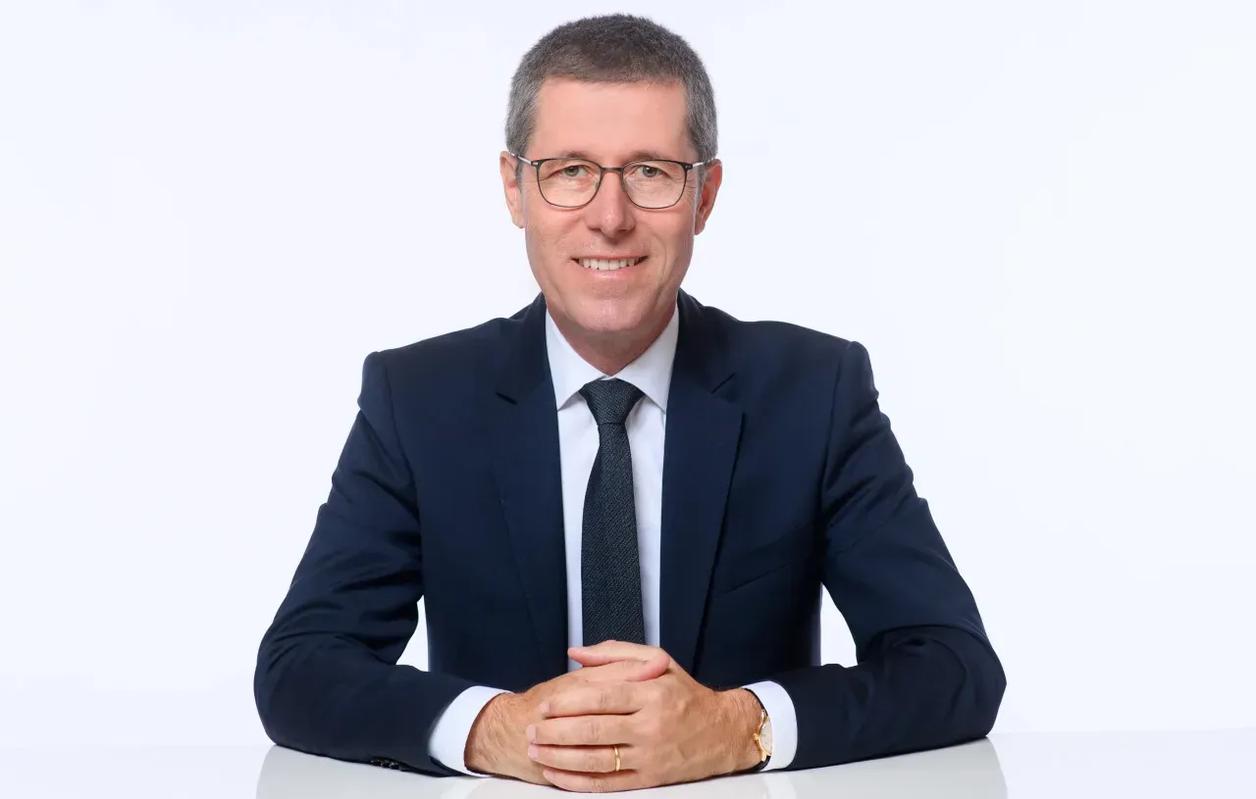
Investor Club member Harald Mährle knows the dealmaking industry inside out.
He co-founded corporate finance consultancy Mummert & Company back in 2001 and sold it after 15 years of supporting dealmakers to the US investment banking group Raymond James.
Mährle continued following his entrepreneurial instincts and recently founded TCG, a boutique M&A advisory focused on tech and consumer companies, with offices in Germany, Sweden and the UK.
In an interview with Moonfare, the seasoned investor from Munich discusses current developments in M&A, the implications of more expensive debt, as well as his own investing strategy. “The best investors are prudent, disciplined, systematic and make their money work at all times,” he told us.
Markets have been more turbulent in the past year and a half. What are you seeing in the M&A industry?
Markets have slowed down a bit, but not equally across sectors. In tech, for example, there’s still quite a lot of activity, especially within software and IT services where dealflow continues to grow. Some tech businesses are growing 30% annually and generating cash, with a high rate of recurring revenue; these companies can pick and choose their buyers.
But it’s not the same everywhere. In German manufacturing, for example, many investors are cautious since the costs of energy, labour and construction have gone up. It is similar in the discretionary consumer sector, too, where it is not easy to sell companies today.
Why is deal flow in certain parts of tech still robust? Is it because of deep conviction around digitalisation or do falling valuations also play a role?
Both. Valuations came down a bit, but not in all sectors. When interest rates rise and you have to discount the terminal values, valuations will go down. On the other hand, valuations of businesses that own recurring revenue streams on the back of multi-year underlying contracts have persisted.
People also realised that the mega-trends associated with tech are only at their beginning. Some public cloud applications, for example, are growing at 40% a year on average. Within data, AI, and machine learning, meanwhile, companies are working on truly disruptive solutions with enormous growth potential.

Increases in interest rates have made deal financing more difficult. How do things look on the ground?
Financing markets have changed. Debt is harder to get and it's more expensive, which of course brings down value. For example, banks today offer a margin on the Euro Interbank Offered Rate (EURIBOR) in the range of between 400 and 500 basis points. Debt funds will add another few hundred basis points on top. Two years ago, when EURIBOR was zero, bank margins for the same financing package was perhaps around 200 basis points.
But people forget that we are only seeing a reversion to normality. The past years were nothing like what I’ve seen in my 25-year career. Deal flow was extremely strong and capital was cheap and easy to get. So I think we're back to normal and not below normal.
You mentioned positive activity in certain parts of corporate finance. But what needs to happen before we see a broader rebound, particularly with initial public offerings (IPOs)?
It will continue to be a tough market for IPOs in the next couple of years, in my view. In any case, we’ve never had a really strong IPO market in Germany; it’s much bigger in the US, in Asia or other parts of Europe.
M&A markets, on the other hand, feel rather normal. Transactions may take a little longer to complete but if you do them well, they can happen at very attractive exit valuations.
It would help if interest rates were lower, of course, but what will certainly make a difference is a broader robust economic recovery. This will probably be driven by the US, with other regions then following.
Another crucial thing is that price expectations need to align. Driven by higher interest rates and more expensive leverage, price expectations from buyers have come down. Many sellers, on the other hand, maintain price expectations from two years ago. It always takes a year or two for the sides to meet.
Speaking long term, how do you see M&A evolving over the next few years?
Corporate finance has become much more of a vertical business than it used to be. In the past you had generalist bankers who sold a tech company on Monday, consumer businesses on Tuesday and healthcare providers on Wednesday.
I think those days are over. You need to specialise and the more specialised you are the more likely it gets that you can do business when the markets get tighter. In times like these, markets go to specialists, not generalists.
Let’s talk about your personal investments. What type of investor would you say you are?
I would consider myself a rather conservative investor. I try to follow a couple of rules. I only invest in what I understand. And I only invest in assets that generate cash returns in the long run like equities, real estate and bonds.
I believe in equities, good fund managers and the people who are running good companies. These people will generate an outlier return. That’s why private equity is so interesting because the entire ecosystem attracts some of the smartest people on the globe. The likelihood of getting at least decent returns is therefore quite high.
Did you rethink your portfolio given the recent sentiment shift?
Our portfolio has always been rather low on the bonds and quite heavy on the equity side. Half of it is public equities and the other half is private equity.
When we invest in public markets, we prefer to invest in exchange-traded funds (ETFs) because they allow you to invest in real shares in real companies in a diversified style.
There is of course value in diversification. That's the beauty of the Moonfare platform, because you can diversify your private equity investments over many different funds. Potentially, if you invest in 30 private equity funds, you could end up investing in 300 companies.

You also invest directly into companies from the middle market. What’s the appeal of these businesses compared to more early stage startups?
In the last 20 years, I only invested into one startup and that was Moonfare. Otherwise, for me, startup opportunities are too time consuming. Founders seek more than just money, they need support and advice. That’s the reason we prefer middle market investments, buyout roll-ups, and tech investments alongside—or via—private equity.
The valuation reset offers a potentially attractive entry into private markets. Do you think this now affords an opportunity to those who want to time the market?
I don't believe in market timing. Nobody knows what will happen in the next two years, let alone in the next four or 10 years. The most important thing about investing is to be prudent, disciplined, systematic and to make your money work at all times.
The beauty about private equity is that it forces you to stay invested. It takes the discretion out of your investment decision unless you want to sell your stake at a discount in the secondary market. If you have extra funds that you don't need for the next five to ten years, then there is no bad time to invest.
However, many investors – including myself – are not as disciplined as they think they are. They may pull out or enter markets at the wrong time, thinking they can outsmart the market. I believe in a systematic approach and in staying invested across cycles in a broad set of companies that generate returns.
Despite public sentiment, I invest quite a lot right now in private equity because I see that there are opportunities out there to buy fantastic companies at much friendlier valuations compared with a couple of years ago.




